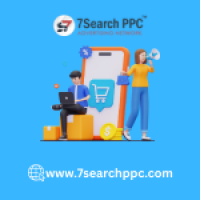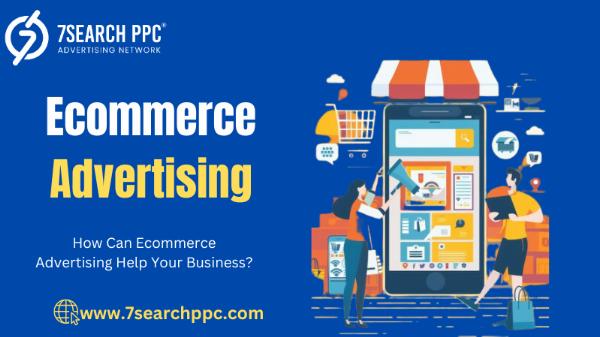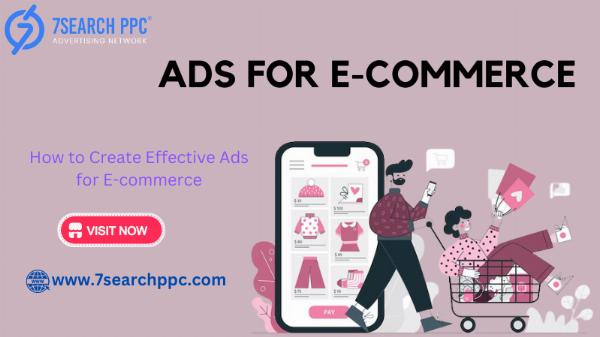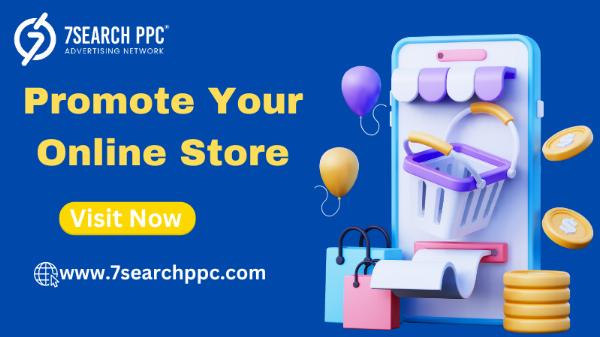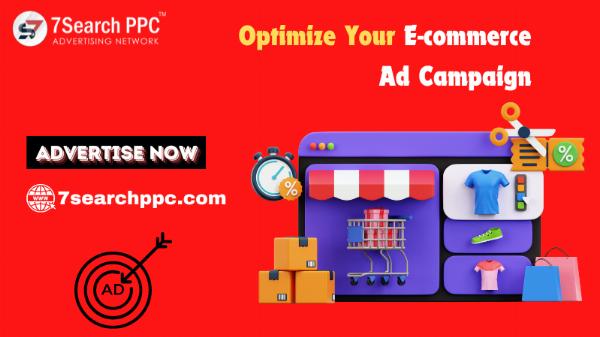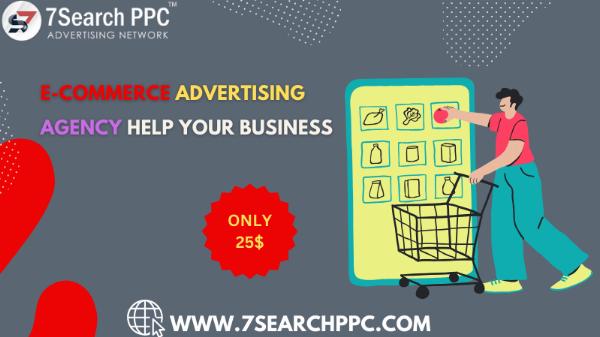15 Ways to Boost Your Website Traffic Today
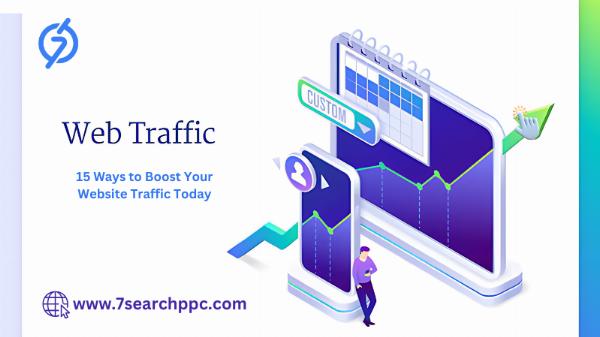
Strong 8k brings an ultra-HD IPTV experience to your living room and your pocket.
Your website forms the heart of your business. Want to know more about a service? Your website. Want to make a purchase? Your website. This works the same when you're a website publisher. You would want to monetize your blog site by running ads, but for that, you need a good number of visitors.
But with plenty of businesses like yours competing for the same audience, how do you guarantee your website gets the traffic it deserves?
It's challenging more than ever to boost your website traffic. The same content is told over a thousand times in a hundred different ways. But, there are many strategies and variables you can implement to make yourself known and stand out.
Here, we have 15 practical ways to boost your website traffic organically and through digital advertising platforms.
1- Create Content that Attracts
The first thing to look at when you want to boost your website traffic is publishing content on your website. This can be done by writing blogs relevant to your business niche.
Think of the last time you searched for how to fix a flat tire and went through a tire company's blog. You probably toured around their website too. But what matters now is that they are an option when you think of buying a tire next time. A good way to get noticed, right?
The strategy here is to create blogs on topics that will be engaging and helpful, directing visitors to your business. Start by identifying your target audience and ideating broad topics that appeal to them in terms of their pain points and search volume. Break them down into smaller topics so that you have more blogs to publish, and keep it going.
2- Place SEO Keywords in Your Content
SEO keywords are search terms you add to your content to refine your chances of appearing on the SERP (search engine results pages). Based on the quality of your content and keyword placements, google indexes your blog and displays it at a certain rank. The higher you rank, the more you boost traffic to your website.
You can use a blend of both broad and long-tail keywords that your audience searches for and strategically place them in your-
- Title Tag
- Headings and Subheadings
- Body Content
- Meta Description
- URL of your web page
- Image Alt Text
- Backlink Anchor Text
The key is to keep them in flow and relevant to your content. Stuffed keywords reduce your blog's quality score and are not appreciated by most search engines.
3- Get Quality Backlinks
Do you know how referrals work? You find more trust and credibility in them. The same goes for backlinks.
Backlinks are links on other sites that guide the reader to a page on your website. When you get high-authority and reputable websites to link back to yours in their content, you gain credibility—both in the eyes of the visitor and search engine. This increases your website's ranking on the SERP and, ultimately, boosts your website traffic.
4- Add Captivating Visuals
Good visuals have the power to entice your audience more than plain text does. You can illustrate concepts and visualize data through images, graphs, flowcharts, diagrams, and even videos. Placing banner ads on websites is another way to get visually creative.
Visuals get you a higher rank on the search results, as well as backlinks when someone uses these images.
5- Run PPC Ads
While optimizing your website for SEO is a long-term process that requires effort, running PPC ads is a quick way to boost your website traffic.
PPC, or pay-per-click, enables advertisers to pay for ads based on clicks, impressions, or pre-specified actions. You can use compelling text ads, striking banner ads, subtle native ads, and video ads that link to the landing pages on your website.
With online ad platforms like 7Search PPC, advertisers can directly connect with publishers to advertise on their websites or blogs. Publishers have the option to monetize their websites, thereby improving their credibility and reach. Advertisers and publishers can also use programmatic display advertising to automate selling and buying banner ad placements.
6- Start with Email Newsletters
When you already have an existing email list and customer base, it's best to use them to boost your website traffic.
You can begin by segmenting your audience and creating emails that link back to your website. Try giving them a sneak peek into some useful information available on your website or an irresistible discount offer that makes them want to check it out.
Although this may not attract new visitors, it will increase your website's credibility (and possibly sales from your best audience). You can also send promotional emails to a newer audience highlighting your best deals and events.
7- Keep Publishing New Content
Publishing blogs on your website should not be a one-time thing. You need to keep publishing new content regularly to stay in the mind of your search engine. This way, you'll get more chances to rank higher by posting blogs on topics that relate your niche to a trending topic.
Publishing and updating your website also sends out a message to your search engine that you haven't gone out of business and are still interested in ranking in a higher position. It keeps your website active and going.
8- Create Evergreen Content
While new content is great, evergreen content never goes out of style. You were searching for how to tie a tie ten years back, and you're searching for it now.
Evergreen content stays fresh for the readers for a long time. It is not time-sensitive and will always remain relevant for your target audience.
For instance, 'How to Learn a New Language' is an evergreen topic. You can always keep updating this content for the latest SEO guidelines. The goal with evergreen content is to continually boost your website traffic.
9- Leverage Guest Posting
Guest posting is a popular content marketing tactic where you write articles and blogs for other websites. You can drive referral traffic by posting on guest websites and adding backlinks to the blog that will link to your site. This way, you use the reach of high-authority websites to boost your website traffic.
Always check the reputation of guest blogging sites first and publish articles that benefit your website goals.
10- Make Use of Your Socials
Whether you're a publisher or a business, being active on social media is a must. That is probably the first place your audience lurks around when looking for something. It's a great way to discover an audience naturally interested in your niche and passionate about what you have to say.
If you're running a business, you can post products on social media and link to your website. If you're a website publisher, you can post a snippet of your blog and then direct them to your website with a link in your bio.
If your content is good, you might even get a share or two from your audience.
11- Use Affiliates and Influencers
Affiliates and influencers expose your website to a large group of their audience in exchange for a commission. Affiliates, with their unique affiliate link, bring an audience to your website through their connections. Influencers know their audience and can significantly boost your website traffic by posting reviews, giveaways, or discount codes.
The key is to collaborate with affiliates and influencers who have a strong base in your niche.
12- Optimize your Website for Mobile
According to Statistica, mobile devices generated 58.67% of global website traffic in 2023. Nobody likes a poorly structured website where content is hard to read. Your visitors will probably click away and find the information somewhere else. This can cause you to lose out a large portion of these visitors.
Optimizing your website will entail many things—it should load fast, have proper content structure, and be easy to navigate and interact with. This will naturally decrease your bounce rate and boost your website traffic. Make sure to always follow Google's guidelines for mobile site indexing and ranking.
13- Make Use of Technical SEO
You need to get involved with technical SEO to appear in search results and boost your website traffic. Not even good-quality content can rank in search results without your technical SEO in place.
To stay on top of SEO, you need to:
- Create SEO-friendly site architecture
- Submit a sitemap to your search engine
- Ensure your pages are indexed
- Secure your website
- Fix crawl ability issuers
- Check the loading speed of your website
Regularly running site audits can give you insights on where to improve your SEO strategies.
14- Think of Contests and Giveaways
Another way to leverage your social media following to boost your website traffic is by announcing contests or giveaways. You might have to give away freebies and special discounts, but this will get you shares and brand awareness.
To go about this, think of all the rules and criteria of the contest. Post them on your socials with catchy images and captions, directing the participants to a landing page on your website. You can use this landing page to explain the rules of the contest or collect emails.
15- Look at Your Analytics
Analyzing your performance extends to all areas of marketing, and your website is no exception. It's essential to look at your website analytics to check which pages are driving traffic and which ones are losing traffic. Leverage brand awareness metrics like organic search impressions, referral traffic, and bounce rate to understand what content and keywords work.
A good look into your insights can help you figure out the strategies to adopt to effectively boost your website traffic.
Conclusion
Driving traffic to your website is a continuing approach that heavily dictates the success of an advertiser's business or publisher's website. You need a mix of organic and paid strategies to stand out from numerous sites and pull traffic toward yourself. Don't panic thinking everything has already been written when you can always jump on trends to get noticed.
The key is to focus on areas that carry the potential to boost your website traffic and keep optimizing your website for perfection.
Frequently Asked Questions (FAQs)
Why is it necessary to get traffic to my website?
Ans. Getting traffic to your website is necessary to attract new visitors, build organic reach, expand sales, and monetize your business.
How can I drive traffic to my website quickly?
Ans. You can start running PPC (pay-per-click) ads to drive quick traffic to your website. Online ad platforms like 7Search PPC directly connect you with publishers, and you can easily advertise with them.
Can I boost my website traffic locally?
Ans. Yes, you can drive local traffic to your website through geotargeting. Geotargeting allows you to run PPC ads only in a specific area at a specific time. You can also use local SEO to get organic traffic in the long run.
What if I run out of content ideas for my blog?
Ans. You can always repurpose your content differently when you run out of ideas. This also increases your chances of driving traffic by referencing well-performing content.
I have enough traffic on my website. How can I monetize it?
Ans. You can monetize your website by renting space to advertisers for their ads. 7Search PPC is among the best ad networks for publishers out there.
Note: IndiBlogHub features both user-submitted and editorial content. We do not verify third-party contributions. Read our Disclaimer and Privacy Policyfor details.

